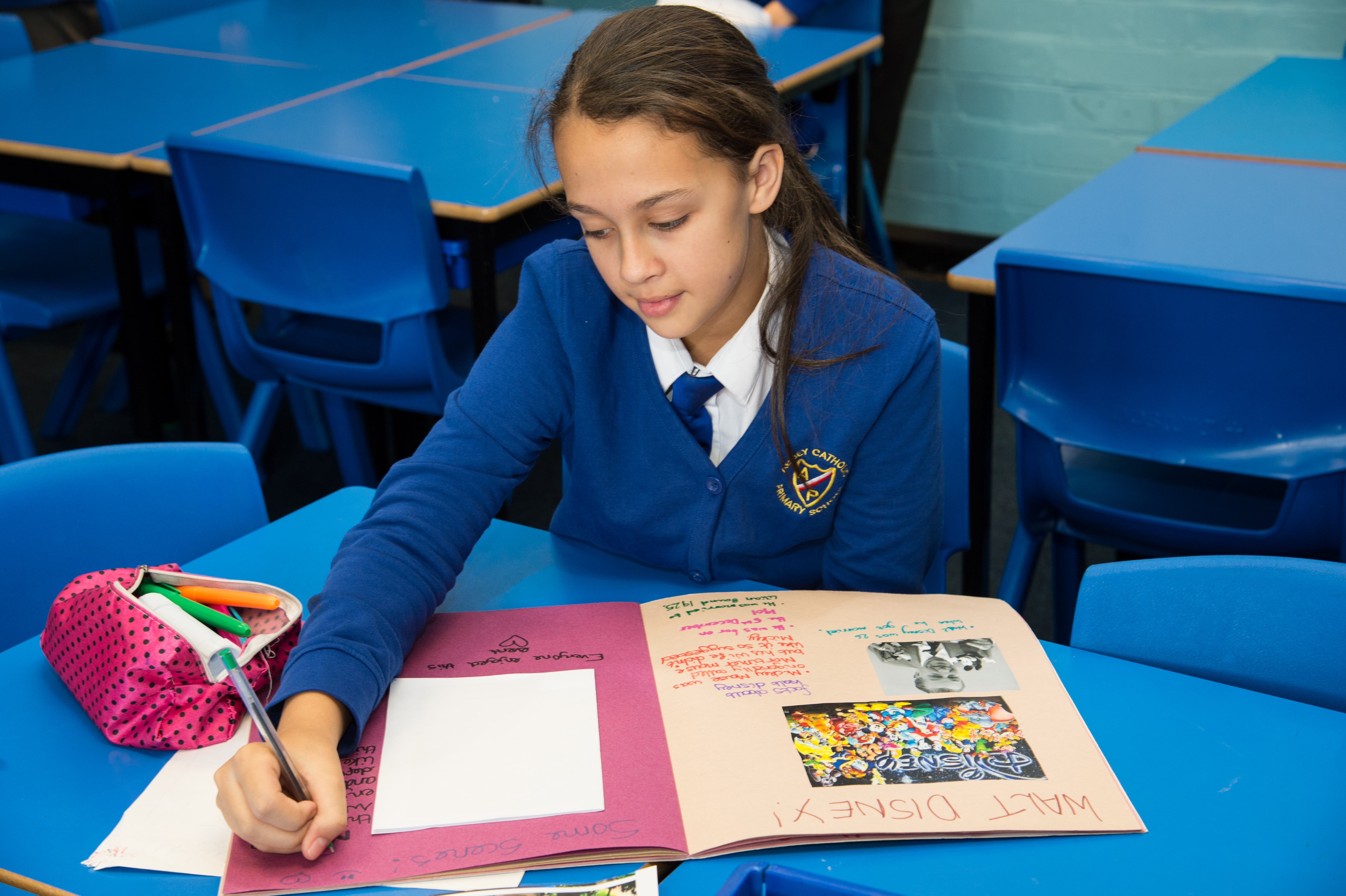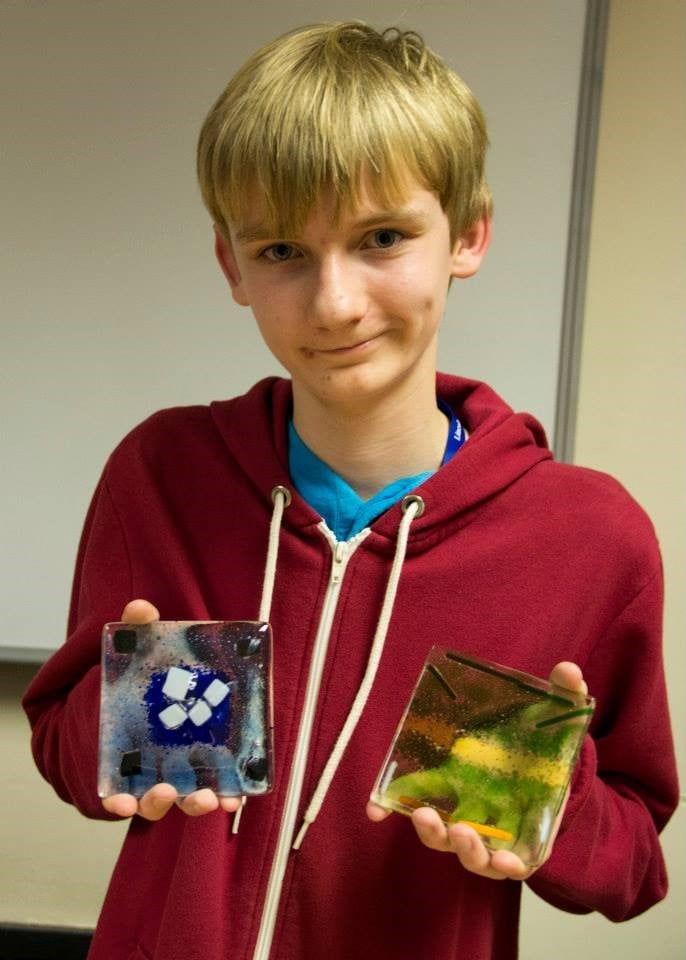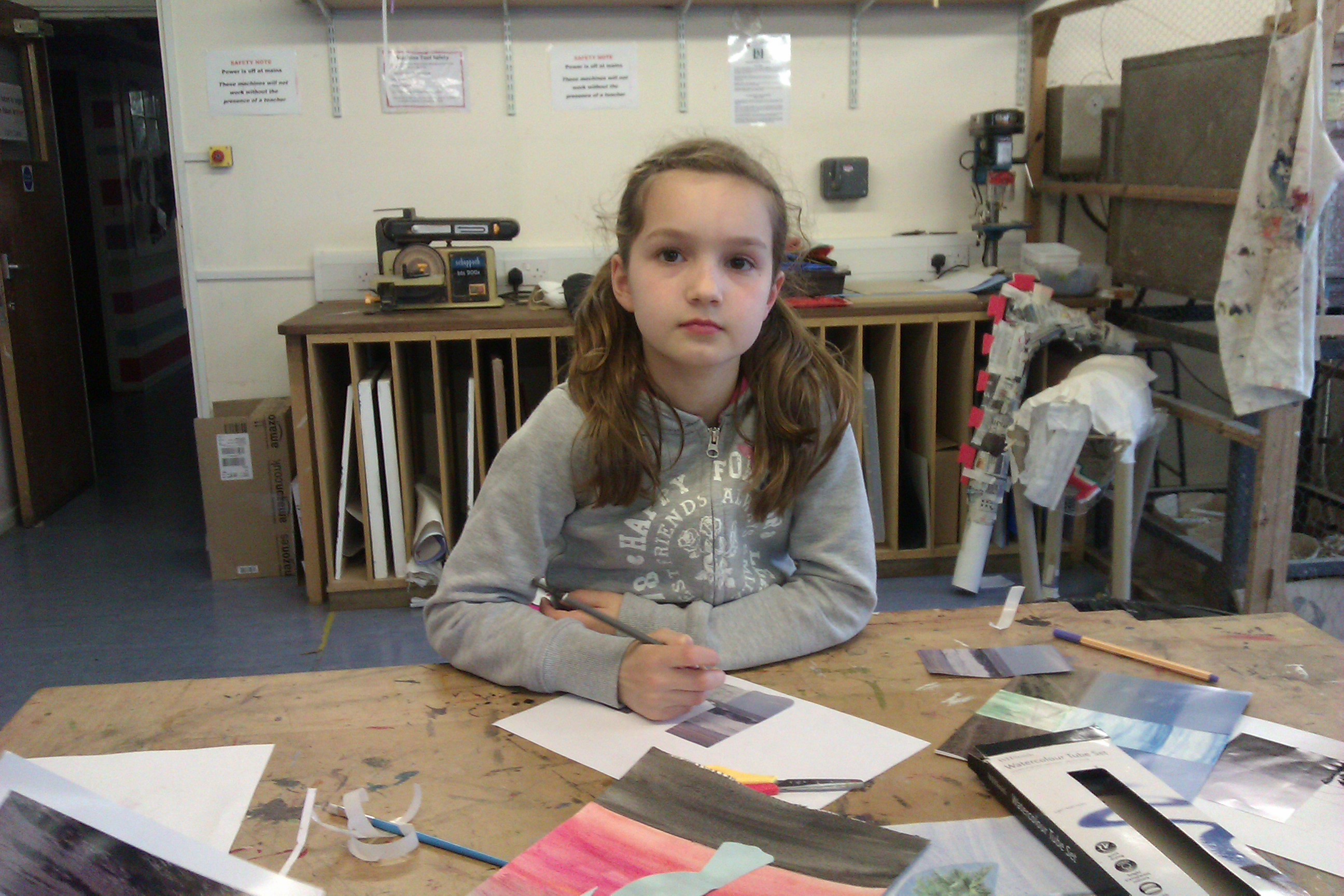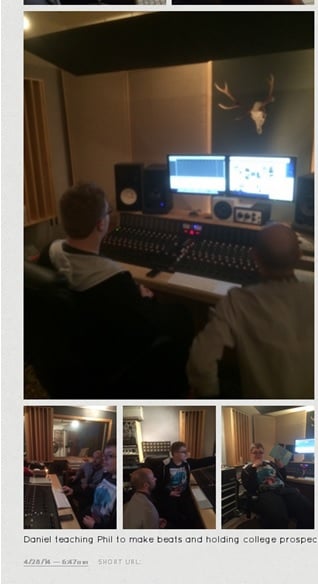
Exploring poetry, STEAM and Arts Award with The Poetry Society
BY: Annabel Thomas
16 May 2022
Today we have a really exciting interview with Natasha Ryan, Education Officer at The Poetry Society (an Arts Award Supporter).
Arts Award can be completed in any artform – and this includes all elements of literature and creative writing. We have previously worked with The Reading Agency to support the Summer Reading Challenge and are delighted to showcase how The Poetry Society’s work with Unboxed: Creativity in the UK can link to Arts Award.
The Poetry Society is the UK’s leading organisation for poetry. With innovative education and commissioning programmes, and a packed calendar of performances and readings, The Poetry Society champions poetry for all ages. The Poetry Society is an Arts Council England National Portfolio Organisation and a registered charity (poetrysociety.org.uk).
Natasha, you are Education Officer at The Poetry Society, could you tell us a bit about yourself and what your job entails?
I’ve been at The Poetry Society for two years, first looking after the Foyle Young Poets of the Year Award, The Poetry Society’s flagship talent development programme for young people, and lately working on About Us, a major arts and science project that’s part of UNBOXED: Creativity in the UK. My job is pretty much the dream: I get to run poetry competitions for young writers and see the tremendous wealth of talent out there. I also set up mentoring and development opportunities like workshops, publication and performances for winners of those competitions. And I organise poetry workshops in schools and community groups, local poets will visit these settings and run sessions on all manner of topics, from climate change to identity, from spoken word to CPD for teachers.
You are an Arts Award Supporter – from an organisational point of view what do you see the value of Arts Award and of being part of this network?
Arts Award is a fantastic scheme for young people to discover the arts in a way that is supported by trusted advisers and connects them to a whole network of arts organisations. Arts Award encourages young people to take part actively by providing a framework for participation that responds flexibly to local contexts and personal interests. Whether it’s creating art, doing research for a portfolio or exploring career options, all the elements of Arts Award form a package that opens up the arts world to the next generation, helping to break down barriers to entry. The fact that it’s a qualification with UCAS points is a real selling point, particularly where creative writing is involved. Sometimes writing can feel like a solitary activity that doesn’t receive the more public applause you’d get in the performing arts. If you’re a young writer, Arts Award gives you that recognition and reinforces the value of the art you’re creating. It also allows you to be plugged into a supportive community where you can connect with other artists.
A really exciting part of your work at the moment is on About Us, part of the UNBOXED: Creativity in the UK arts programme. How is The Poetry Society working on this programme?
UNBOXED: Creativity in the UK is a major programme of STEAM activities (Science, Technology, Engineering, Arts and Maths), encouraging people working across the arts and STEM sectors to come together in a huge celebration of creativity. About Us is one of ten commissions within the programme. Together with our partners 59 Productions and Stemettes, we’ve put together an epic show that’s been touring in recent weeks, featuring cutting-edge projection mapping technology, poetry and choral music. The show explores the many ways life across the universe is connected, from the Big Bang to the present day.
The Poetry Society has commissioned new poems that are featured in the show, and we’ve been delivering an extensive learning and participation programme for schools and young people. This has included creating free resources for teachers and students, which explore the relationship between poetry and science, running a nationwide poetry competition for young people and delivering poetry workshops in primary schools in each of the show’s locations. The winning poems in the young people’s competition and the poems created in the local school workshops have been incorporated into the final show, ensuring that young people’s voices shape the show and are celebrated in the heart of the community.
One of the ideas at the heart of UNBOXED: Creativity in the UK is to bring together people and organisations that might not normally collaborate, particularly across different sectors. Stemettes is a social enterprise working to bring women and non-binary people into STEM careers.
Pairing up has allowed us to take an interdisciplinary approach to supporting creativity: the nationwide young people’s competition we are running has two parallel strands, one in poetry and one in coding (using the Scratch platform). Likewise, when we delivered work in local schools in the show’s locations, the same young people took part in both poetry and coding workshops. This has meant that the project’s theme – how we are all connected – has been explored from two diverse but complementary perspectives.
We want people to be left with the sense that creativity is for everyone. The cross-sector collaboration has really been a way of championing that message: whether it’s writing a poem, creating an animation, or putting together a touring show, we all have that creative spark.
Our hope is that About Us will have increased our audience: we’ve been able to connect with communities across the UK, sending poets into schools we’ve never worked in before including Welsh-language and Irish-language schools.
We also hope that our audience of young people will have increased and diversified. We know already that in the first round of the nationwide competition we ran we had winners who are doing all science A levels, or who know they want to go on into careers in medicine or politics. But the theme of the project inspired them to express their interests in the form of a poem – that’s amazing! It means that even if young people aren’t minded to pursue a career in the arts, they know that poetry can still play a cherished role in their lives.
Finally, if any young people or teachers are looking to support or develop poetry and creative writing, how can The Poetry Society support this?
There are loads of ways teachers and young people can get involved with The Poetry Society’s programmes:
- Enter the Foyle Young Poets of the Year Award! It’s the largest and most prestigious poetry competition for young writers aged 11-17 anywhere in the world. It’s open now until 31 July 2022 and is free to enter. Prizes include publication in an anthology, extensive mentoring from The Poetry Society, and lots of goodies. Schools can also win free poet visits!
- You can send your work to About Us! This competition runs until 31 August 2022 and is open to young poets and coders aged 4-18. Submit poems of up to 20 lines on the theme of ‘connectivity and the universe’ for the chance to win more prizes, a poet visit to your school and publication in an anthology.
- Year-round, we have a fantastic online community for young poets aged 25 and under, Young Poets Network. It’s free to access and we run writing challenges throughout the year, as well as publishing regular features offering insights into the world of poetry.
- Use our learning resources! Besides the many fabulous science-themed resources created for About Us, we’ve a huge range of resources for every key stage that are really easy to pick up and use in the classroom or at home.
If you are an Arts Award supporter with a project or story to share, get in touch – we love profiling our centres and supporters on our blog!
Image: Abbey Catholic Primary School by Kirsten Holst
Related posts
BY: Guest Writer
BY: Guest Writer




Comments & Replies